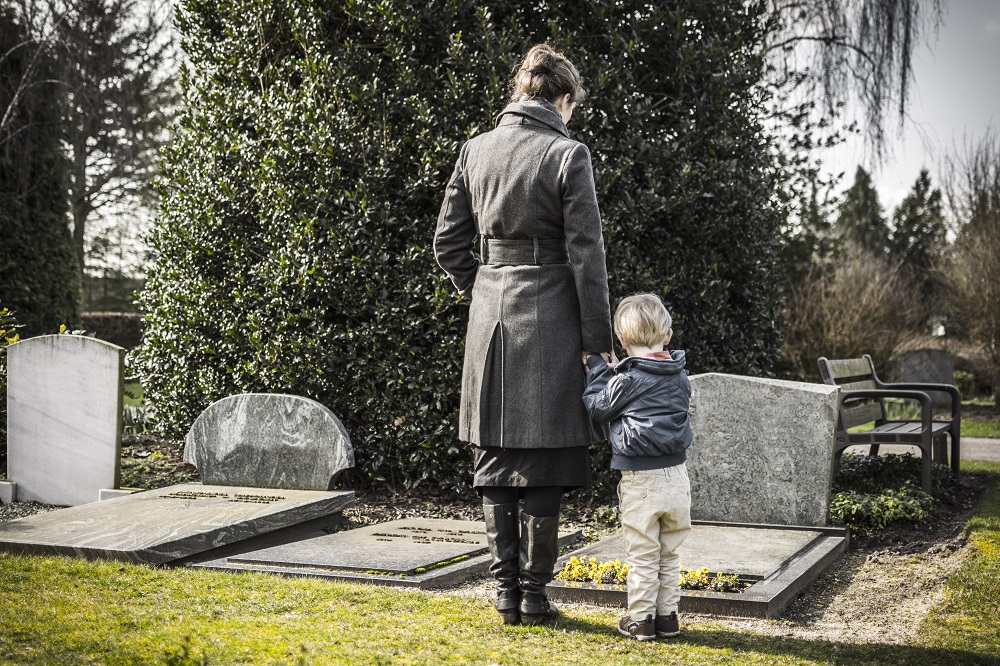Countless movies, social media posts and books have been made about the subject of loss and grief. But even when death is the inevitable end of all humans, it’s not very easy to adjust to the loss of a loved one. There are no words for pain like this.
They don’t, for example, highlight that the most painful part of a dead loved one is not the funeral or burial. It’s the days that come after when you feel the permanent loss of that person. You no longer have that person to call or talk to after a long day at work or see during your weekends. Here are some things that can help you cope with the loss:
Express your feelings and don’t be afraid of them
The pain of loss is a healthy expression of love. Now is the time to express yourself and cry if you have to. It’s no time to repress the grief unhealthily. Take as much time as you need and seek solace or comfort in people or loved ones that you trust. It will help if you also go through the exercise of commemorating your deceased loved one’s memory with someone who also knows him or her. It’s difficult to explain the entire context of your relationship with the dead, so another loved one familiar with your relationship might be the highest form of comfort that you can get.
Get help because estate management can become crazy
The post-death management of inheritance can get downright nasty. Make sure that you got all your bases covered. Not everyone is lucky enough to have prepaid funeral plans for expats or a very well-versed lawyer to help manage the inheritance. Unless your dead loved one is an organisation freak who has all her legal documents in a single place, you might end up having to peruse his or her paperwork and dig through the context of evidence to make sure that you have what he or she wanted. Bank accounts are also tricky; some laws don’t allow you to get them immediately even if you are the legal spouse. This is where joint accounts can be incredibly helpful.
Find some available outlets that can relax you

Go to a safe place or find some activities that keep you engaged. Don’t overtire yourself. The days leading to a burial can get exhausting. Now is not the time to run marathons. Maybe you can do some light stretching, listen to tranquil music (although some sentimental genres can make you cry all the more), and find inspirational reading materials that can help you pick up the pieces.
Honour that person’s memory
How you live your life can be a way of honouring that person’s memory. Make sure that you can keep your promises to that person even after he or she has passed. Live a good life, visit the places that person wanted when he or she was still alive (but only do this when you are finally ready), and do everything you can to help people. If you lost your loved one to cancer, find foundations or societies that support people who suffer from this disease.
Find a way to connect that loss to something meaningful
Some people who wrote about grief found a way to connect their loss to something meaningful and made it more manageable. For example, Christina Rasmussen lost her husband to cancer at age 34 and spent a decade of her life studying grief. She wrote a few books about this and established that we only lose loved ones in this three-dimensional life, but we still have their stream of consciousness in the afterlife. Her journey has helped people overcome their grief and make it more meaningful. You can check out these ways of moving on and see if it works for you.
It might sound like a cliche, but life does go on after a loss. And your way of pulling yourself together after this painful loss is a unique journey. There will be guides or similarities with other people. But it’s only you who can tell when you have surpassed the pain and genuinely moved on.





